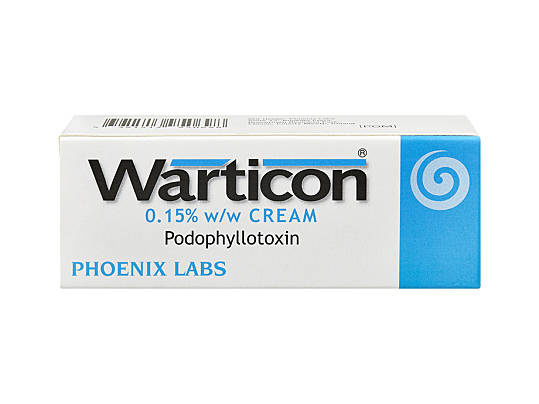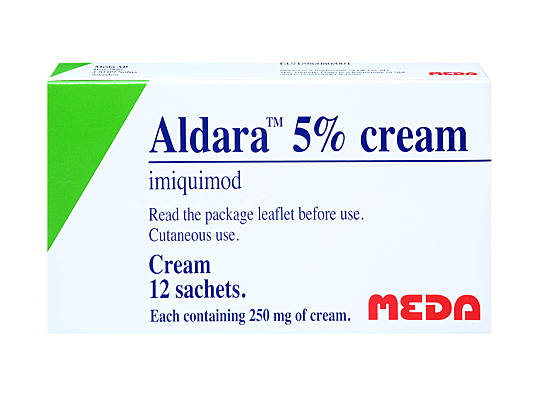Genital Warts vs Herpes: What's the Difference?

Medically reviewed by
Dr Babak AshrafiLast reviewed: 07 Jun 2022
Genital warts and genital herpes are infections caused by a virus that affects the skin in the genital area. Genital warts and genital herpes are both sexually transmitted infections (STIs). This means they are passed on through sex or close sexual contact.
The difference between genital warts and genital herpes is that they are caused by different viruses and each condition causes different symptoms. Genital warts and genital herpes also need different treatments.
Let’s look in more detail at some of the differences between genital herpes and genital warts.
What is the difference between genital warts and genital herpes?
The difference between genital warts and genital herpes is that they are caused by different viruses.
Genital warts are caused by Human Papillomavirus (HPV). There are more than 100 different types of HPV. There are 2 strains of HPV that cause most genital warts: HPV type 6 and HPV type 11.
Genital herpes is caused by herpes simplex virus (HSV). There are 2 types of HSV:
- herpes simplex virus type 1 (HSV-1) usually causes oral herpes (or cold sores) but can also cause genital herpes
- herpes simplex virus type 2 (HSV-2) usually causes genital herpes
Both genital warts and genital herpes are spread by close sexual contact (skin to skin contact) during vaginal sex, anal sex or oral sex.

No results found.
Please check your spelling or try another treatment name.
Symptoms
Genital warts and genital herpes each cause different symptoms. Although both genital warts and genital herpes affect the skin in the genital area, they lead to different types of genital lesions. If you have genital warts, small, flesh coloured lumps develop in the genital area. The main symptom of genital herpes is herpes sores, which are small blisters that burst and lead to ulcers. Let’s have a look at the symptoms of genital herpes versus genital warts in more detail.
Genital herpes symptoms
The most common symptom of genital herpes is small blisters. The first sign of genital herpes can be a tingling or itching feeling in the affected area. After a few days, blisters begin to appear and start to fill with fluid. The rash might cause some pain. A few days later, the blisters burst and turn into ulcers. It can take some time for the ulcers to eventually close up and heal.
Genital herpes blisters can develop anywhere in the genital area and the anus. If you have an outbreak of genital herpes, you may just have one or two blisters or you may have many blisters.
The first time you have a genital herpes infection, you may feel a little unwell with a fever and flu-like symptoms. In women, genital herpes may make it painful for you to pee, and you may notice an unusual vaginal discharge.
After an outbreak of genital herpes, the herpes simplex virus does not leave your body. The virus lies dormant in a nerve in the area where the infection entered your body. The virus can become reactivated some weeks or months later, leading to another genital herpes outbreak. In a genital herpes outbreak, blisters can form again and then burst and develop into ulcers as before. Over time, outbreaks tend to become less severe – lasting for a shorter length of time and with less severe symptoms. Eventually, genital herpes outbreaks usually stop altogether.
Genital warts symptoms
The main symptom of genital warts is small, flesh coloured lumps that appear in the genital area. They can develop on the vulva, vagina and cervix (neck of the womb) in women and on the penis and scrotum in men. In both men and women, genital warts may also develop in or around the anus.
There are different types of genital warts. Genital warts that develop on moist, soft skin (for example, on the vulva) tend to feel soft. Whereas genital warts that develop on drier, hairier skin (for example the anus) tend to feel harder and drier.
If you have genital warts you may also notice some itching or inflammation in the affected area. Some bleeding may occur if the warts become inflamed or are scratched. In men, if you have warts in your urethra (the tube which empties the bladder), you may notice your stream of urine (pee) appearing to go sideways.
from £19.95
from £29.95

No results found.
Please check your spelling or try another treatment name.
Prevention
It’s not always possible to prevent genital warts or genital herpes. You can reduce the chance of catching or passing on genital warts or genital herpes to a sexual partner by using a condom during sex, or a dental dam during oral sex. To reduce the chance of passing on an infection, you should also avoid having sex during an active outbreak of either genital herpes or genital warts.
In the UK, a vaccine protecting against HPV infection is available. The HPV vaccine provides protection against cervical cancer as well as genital warts.
If you’ve had a genital herpes infection, you may notice certain factors that trigger outbreaks. For example, triggers of genital herpes outbreaks are thought to include:
- having a cold or other illness
- stress
- a weakened immune system
- exposure to sunlight (if the usually affected skin is exposed to sunlight)
- hormonal changes (including the menstrual cycle)
Often, there is no obvious trigger for a genital herpes outbreak. If you’re aware of things that trigger your genital herpes outbreaks, you may be able to take steps to avoid them.
If you have repeated genital herpes outbreaks (more than 6 genital herpes outbreaks in a year), you may be able to take antiviral medication to reduce them. You can speak to your doctor for advice.
Treatment options
There are treatment options for both genital herpes and genital warts. Both genital herpes and genital warts can lead to uncomfortable symptoms.
Herpes treatment
There are 3 different antiviral medications commonly used to treat genital herpes outbreaks:
When taken early in an outbreak, antiviral medication can shorten the length of time the outbreak lasts. Antiviral medication can also make genital herpes symptoms less severe. Fill in our free online questionnaire, and one of our doctors will review what treatment for genital herpes might be suitable for you.
Genital warts treatment
Small genital warts can be treated with a topical solution called Condyline, or creams called Aldara or Warticon. Complete our online form, and a doctor from ZAVA will review which genital warts treatment is suitable for you.
You may need further treatment for genital warts, especially if the warts are large. In some cases, freezing warts or surgery is advised. Speak to a doctor for advice.

Dr Babak Ashrafi Clinical Lead for Service Expansion
Accreditations: BSc, MBBS, MRCGP (2008)
Babak studied medicine at King’s College London and graduated in 2003, having also gained a bachelor’s degree in Physiology during his time there. He completed his general practice (GP) training in East London, where he worked for a number of years as a partner at a large inner-city GP practice. He completed the Royal College of GPs membership exam in 2007.
Meet our doctorsLast reviewed: 07 Jun 2022
-
Anogenital Warts (Patient) [Mar 2018] [accessed Mar 2022]
-
Anogenital Warts (Patient - Professional) [Oct 2021] [accessed Mar 2022]
-
Genital Herpes (Hepes Viruses Association) [Jan 2017] [accessed Mar 2022]
-
Genital Herpes (NHS) [Sep 2020] [accesed Mar 2022]
-
Genital Herpes (Patient) [Mar 2018] [accessed Mar 2022]













